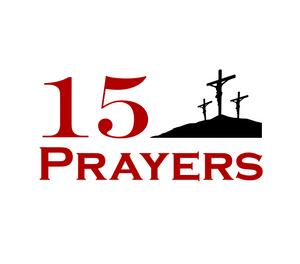
Book VIII
Some account of the Socratic and Platonic philosophy, and a refutation of the doctrine of Apuleius that the demons should be worshipped as mediators between gods and men.
Chapter 1
That the question of natural theology is to be discussed with those philosophers who sought a more excellent wisdom.
Chapter 2
Concerning the two schools of philosophers, that is, the Italic and Ionic, and their founders.
Chapter 3
Of the Socratic philosophy.
Chapter 4
Concerning Plato, the chief among the disciples of Socrates, and his threefold division of
philosophy.Chapter 5
That it is especially with the Platonists that we must carry on our disputations on matters of
theology, their opinions being preferable to those of all other philosophers.Chapter 6
Concerning the meaning of the Platonists in that part of philosophy called physical.
Chapter 7
How much the Platonists are to be held as excelling other philosophers in logic, i.e. rational
philosophy.Chapter 8
That the Platonists hold the first rank in moral philosophy also.
Chapter 9
Concerning that philosophy which has come nearest to the Christian faith.
Chapter 10
That the excellency of the Christian religion is above all the science of philosophers.
Chapter 11
How Plato has been able to approach so nearly to Christian knowledge.
Chapter 12
That even the Platonists, though they say these things concerning the one true God, nevertheless thought that sacred rites were to be performed in honour of many gods.
Chapter 13
Concerning the opinion of Plato, according to which he defined the gods as beings entirely
good and the friends of virtue.Chapter 14
Of the opinion of those who have said that rational souls are of three kinds, to wit, those of the celestial gods, those of the aerial demons, and those of terrestrial men.
Chapter 15
That the demons are not better than men because of their aerial bodies, or on account of
their superior place of abode.Chapter 16
What Apuleius the Platonist thought concerning the manners and actions of demons.
Chapter 17
Whether it is proper that men should worship those spirits from whose vices it is necessary
that they be freed.Chapter 18
What kind of religion that is which teaches that men ought to employ the advocacy of demons
in order to be recommended to the favour of the good gods.Chapter 19
Of the impiety of the magic art, which is dependent on the assistance of malign spirits.
Chapter 20
Whether we are to believe that the good gods are more willing to have intercourse with
demons than with men.Chapter 21
Whether the gods use the demons as messengers and interpreters, and whether they are deceived by them willingly, or without their own knowledge.
Chapter 22
That we must, notwithstanding the opinion of Apuleius, reject the worship of demons.
Chapter 23
What Hermes Trismegistus thought concerning idolatry, and from what source he knew that
the superstitions of Egypt were to be abolished.Chapter 24
How Hermes openly confessed the error of his forefathers, the coming destruction of which
he nevertheless bewailed.Chapter 25
Concerning those things which may be common to the holy angels and to men.
Chapter 26
That all the religion of the pagans has reference to dead men.
Chapter 27
Concerning the nature of the honour which the Christians pay to their martyrs.

